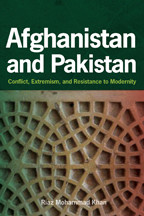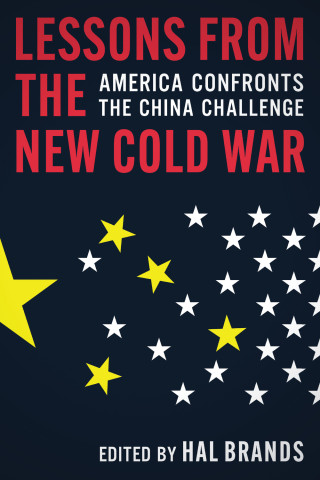
Reviews
In the entire subcontinent, nothing like this work has been written or 'even attempted', matching the breadth of its sweep and the depth of its analyses.
Riaz Mohammad Khan is uniquely qualified to provide an insider’s perspective on Pakistan’s involvement in Afghanistan and the complex interplay between internecine Afghan conflicts and the competing interests of external powers.
Essential reading for anyone who wants to understand... what has gone wrong here over the last 64 years, and particularly the last 30 some.
An extremely important memoir-analysis... It is exceptionally important that US policymakers read the book.
For those with an interest in the view from Pakistan, Riaz Mohammad Khan's insider account will come as a welcome addition... his new book is refreshingly honest about the complex relationship between Afghanistan and Pakistan.
Khan is the epitome of a voice of reason in the Pakistan foreign policy establishment.
The author is a voice for reason and moderation and provides both a history of and insights into the development of the present situation.
This book offers an insider’s extremely well-informed account of events in the Afghanistan-Pakistan region and an insightful perspective on history that is normally not available in academic books. Riaz Mohammad Khan has produced a serious piece of work but one that is also eminently readable.
The most compelling features of this book are the analysis of Pakistan’s intellectual crisis and of the interests of various regional players in Afghanistan.
I wish there had been a book of this scope and analytic acumen available when I went to Pakistan for my first assignment there in 1984.
Book Details
List of Maps
Preface
Introduction
Part I: The Afghanistan Context: The Continuing Conflict
1. The Post–Soviet Withdrawal Phase of the Afghanistan Conflict (1989–1995)
2. The Advent of the Taliban (1995
List of Maps
Preface
Introduction
Part I: The Afghanistan Context: The Continuing Conflict
1. The Post–Soviet Withdrawal Phase of the Afghanistan Conflict (1989–1995)
2. The Advent of the Taliban (1995–2001)
3. Post–9/11 Afghanistan
4. The External Powers: Interests and Concerns
Part II: The Pakistan Context and the Challenge of Extremism
5. The Challenge of Religious Militancy and Extremism in Pakistan
6. Pakistan: A Case of Intellectual Crisis and Weak Governance
Part III: Perspectives and Options
7. Conclusions
Bibliography
Index





